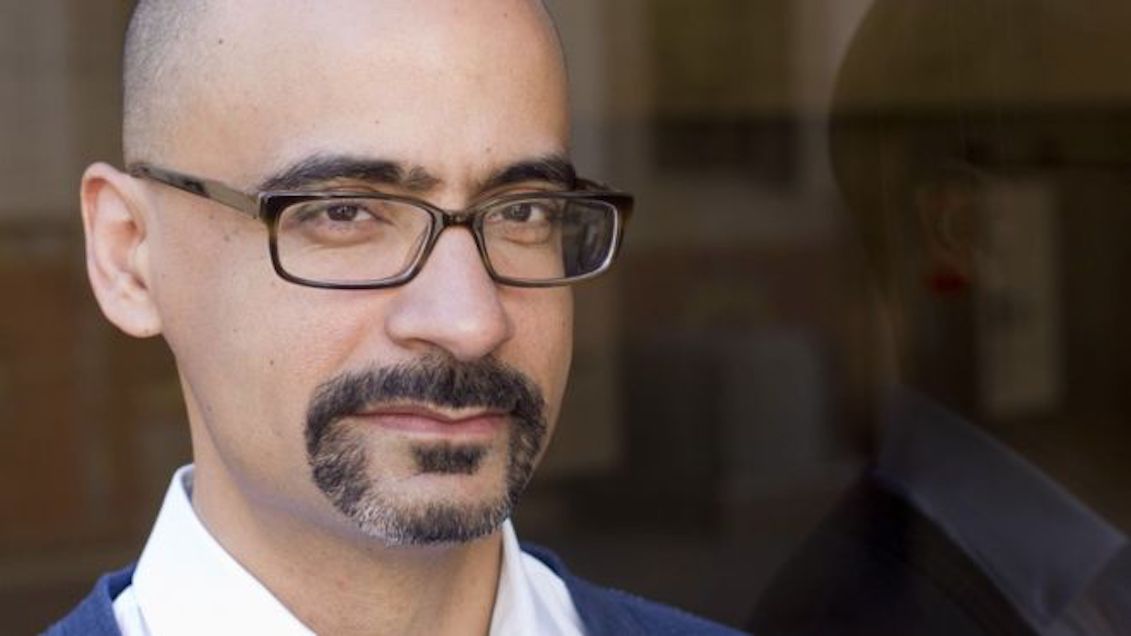
The Junot Díaz case opens the door to the debate on stigmatization
The award-winning author Junot Diaz has been accused of sexual abuse and has assumed its consequences, but many academics warn that there is a risk of…
The #MeToo movement's backlash won’t forgive status or Pulitzer prizes.
During the writers festival in Sydney (Australia) last May, the acclaimed American novelist of Dominican origin, Junot Díaz, was accused in a press conference by the writer Zinzi Clemmons for having "cornered and kissed" her against her will, as reported by The Guardian.
The writer repeated her accusations through Twitter describing that "as a grad student, I invited Junot Díaz to speak at a workshop on issues of representation in literature. I was an unknown wide-eyed 26-year-old, and he used it as an opportunity to corner me and forcibly kiss me,” she accused. "I'm far from being the only one he’s done this to. I refuse to be silent any more."
The confrontation of Clemmons during the press conference was the product of an article published by Diaz weeks earlier in the New Yorker where he confessed to having been repeatedly raped when he was eight years old. Clemmons then decided to ask Diaz why he had not reflected on his own behavior in later years.
Simultaneous accusations soon arose, especially within the American literary guild, where two more women publicly described their encounters with Díaz, including the finalist of the 2017 National Book Award, Carmen María Machado, and Mónica Byrne.
In a statement to the New York Times, Diaz assumed responsibility for his past, arguing that this was one of the reasons why he unveiled his childhood trauma during the month of April.
"This conversation is important and must continue," reads the text. "I am listening to and learning from women’s stories in this essential and overdue cultural movement. We must continue to teach all men about consent and boundaries."
For the connoisseurs of Diaz’s literature, these accusations were predictable, considering that "he made a reputation from stories that abound in sexual relationships without clear consent, victims who want to be victims and characters who seek unhealthy relationships,” described AP.
Díaz now joins James Dashner, Jay Asher and David Díaz, three writers who have been entangled since the beginning of the year in similar circumstances, and who have lost editorial contracts and the publishing of already edited books.
Díaz was born in 1968 in Santo Domingo (Dominican Republic) and at age 6 he immigrated with his family to the city of New Jersey. A graduate of Rutgers University and Cornell University, Díaz published his first book in 1995. In 2008, his novel The Brief Wondrous Life of Oscar Wao won him the Pulitzer Prize in the category of fiction, and since 2012 he is a fellow of the MacArthur Scholarship.
Following the allegations, his public events have been canceled and the Massachusetts Institute of Technology (MIT), where he is currently working as a professor, has launched an investigation into the allegations of the victims.
RELATED CONTENT
The Pulitzer organization announced a few days ago that it would also carry out an independent investigation, despite the fact that the author has renounced his prize but remains a member of the board.
However, within the academic guild, there are those who fear that the "demonization" of Junot Díaz will get out of hand.
In an open letter published by The Chronicle of Higher Education, 26 professors, researchers and authors from national and international universities (including Harvard, Yale, NYU, CUNY and Stanford) have raised their "deep concern over the ways in which the press and those on social media "have turned their anger towards Diaz.
"We do not intend to dismiss current or future accusations of misconduct by Diaz or any other person," the text reads, "Rather, our concern is with the sensationalist register in which the media and some social-media users have portrayed the accusations of misconduct leveled against the Latino author.
The signatories highlight the fact that Díaz has been stigmatized not because of his actions but because of his race.
“The resulting characterization of Díaz as a dangerous and aggressive sexual predator from whom all women must be protected reinforces racist stereotypes that cast Blacks and Latinxs as having an animalistic sexual “nature.” These are the same stereotypes that lead to the sexual objectification of Black and Latinx women, and to the stigmatization and physical punishment of Black and Latino men.”
“When critical voices are held back for fear of social-media shaming or the possibility of repercussions in our professional or social environments, we are caught within another form of violence that has affected women for centuries: silencing. The issue at hand is not whether or not one believes Díaz or his accusers, but whether one approves the use of media to violently make a spectacle out of a single person while at the same time cancelling out the possibility of disagreement about the facts at hand, or erasing a sustained attention to how the violence of racial hatred, structural poverty, and histories of colonialism extend into the most intimate spaces.”












LEAVE A COMMENT: